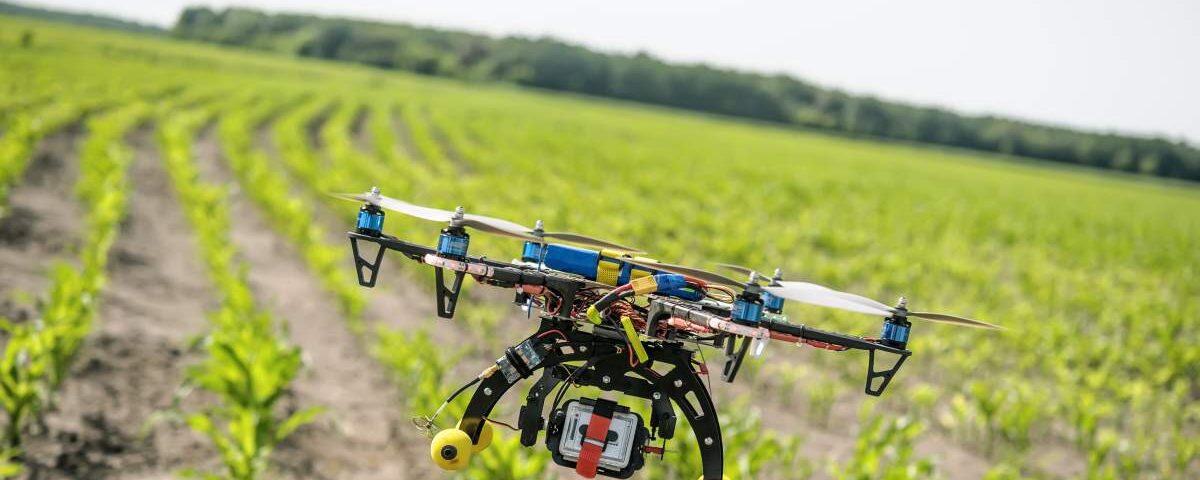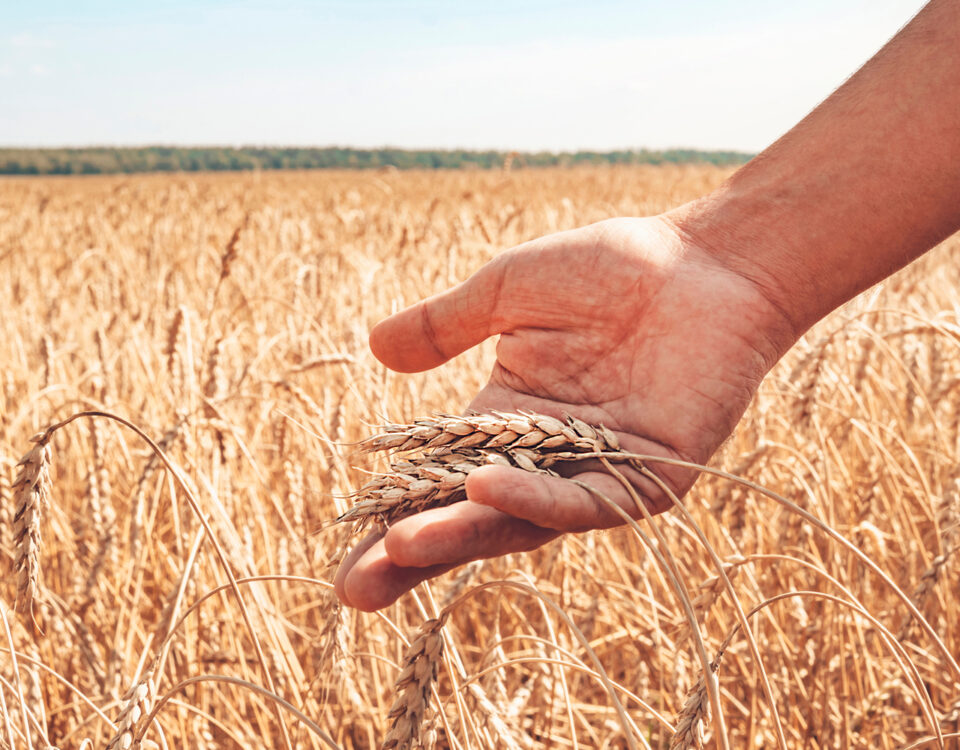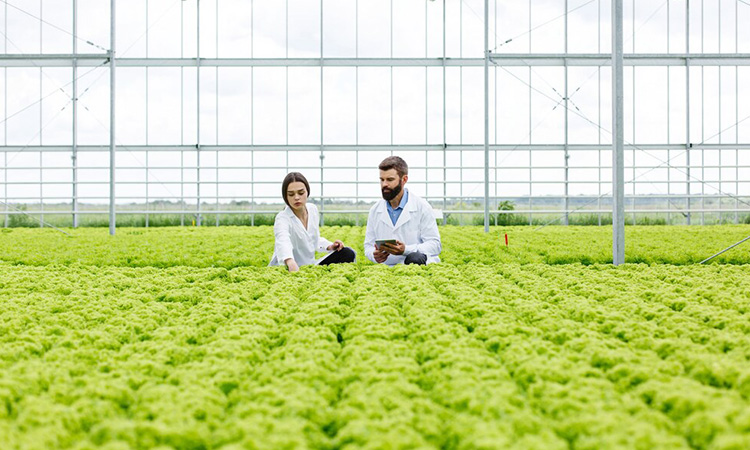
Sustainable Farming Practices for a Greener Future
September 21, 2024
Rice Threshing Made Easy A Guide to Thresher Machines
September 24, 2024Introduction to Technology in Agriculture
Agriculture has always been the backbone of human civilization, but with the growing global population, traditional farming methods are no longer sufficient to meet increasing food demands. Modern agriculture has seen a significant transformation, thanks to the integration of technology. From smart farming tools to data-driven techniques, technology is reshaping how farmers manage crops and resources, making agriculture more efficient and sustainable.
Precision Farming: Targeted Solutions for Maximum Yield
Precision farming is one of the most significant advancements in agricultural technology. It involves using GPS, drones, and sensors to gather data about crops, soil conditions, and weather patterns. This data allows farmers to optimize the planting, watering, and fertilizing of crops. With precision agriculture, farmers can apply the right amount of resources at the right time, reducing waste and increasing crop yields while conserving natural resources like water and soil nutrients.
Smart Irrigation Systems: Efficient Water Management
Water is a vital resource in agriculture, and smart irrigation systems are helping farmers manage it more efficiently. These systems use sensors that monitor soil moisture levels and weather forecasts to determine when and how much to water crops. Automated irrigation technologies reduce water wastage and ensure that crops receive optimal hydration. As water scarcity becomes a growing concern, especially in arid regions, smart irrigation plays a key role in ensuring sustainable farming practices.
Drones and Robotics: Aerial and Ground-Level Efficiency
Drones and agricultural robots are revolutionizing farm management. Drones equipped with cameras and sensors can survey large fields, monitor crop health, and detect pests or diseases early. Robotics, on the other hand, can perform tasks such as planting, weeding, and harvesting with precision and efficiency. These technologies reduce the need for manual labor, improve the speed of operations, and allow farmers to focus on other critical aspects of farm management.
Data Analytics and Artificial Intelligence in Agriculture
Data analytics and artificial intelligence (AI) are becoming indispensable in modern agriculture. AI-driven platforms analyze vast amounts of data collected from sensors, satellites, and drones to predict weather patterns, pest outbreaks, and optimal planting schedules. This data-driven approach enables farmers to make informed decisions that improve productivity and reduce risks. AI tools are also being used to create crop models, which can forecast yields and help farmers prepare for market demands.
Future of Technology in Agriculture: Towards Sustainability
The future of agriculture is undoubtedly tied to technological advancements. As the world moves towards sustainable and eco-friendly practices, technology will continue to play a pivotal role in addressing food security, reducing environmental impact, and improving efficiency. Innovations like vertical farming, genetically modified crops, and blockchain for supply chain transparency are some of the technologies that promise to further revolutionize the industry. By embracing these advancements, farmers can meet global food demands while minimizing their ecological footprint.
to read more agriculture related blogs on the website Click here.





